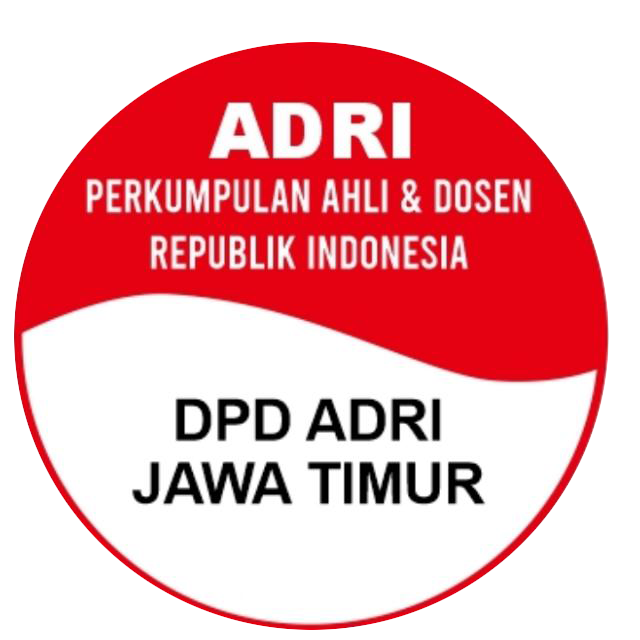Diversion in the Investigation Process for Children in Conflict with the Law
DOI:
https://doi.org/10.55173/yurisdiksi.v20i2.245Abstract
Objectives of the Research to find out the framework of thought that underlies the implementation of Diversion in Law Number 11 of 2012 concerning the Juvenile Criminal Justice System through Diversion. This research method uses normative juridical. What is meant by normative juridical research type is the research method carried out by focusing on positive legal norms in the form of statutory regulations. In this normative legal research, we will examine statutory regulations that will explain the appropriate form of diversion in resolving children's criminal cases in order to fulfill children's rights. Result Restorative Justice is a Diversion. If the child's case meets the requirements for diversion then the hope of restorative justice can be realized, namely by the success of diversion. Sometimes children's cases do not meet the requirements for diversion in accordance with the Law on the Juvenile Criminal Justice System, even though children's cases lead to restorative justice because the perpetrator and victim have received a fair solution by making peace and can recover as before. If the Diversion efforts are not completed, the child is threatened with punishment so this is not in accordance with the Principle of Deprivation of Freedom and Punishment as a last resort, because there are efforts that could have been carried out or attempted, namely Diversion, but were not carried out because there are restrictions on Diversion in Children's cases in accordance with Article 7 of the Law. -Law Concerning the Juvenile Criminal Justice System. If the Indonesian state does what the Philippine state does, namely applying diversion to every child case, then deprivation of liberty and punishment will truly be a last resort.
References
Aprita, S., Mulkan, H., Hasyim, Y., Raspita, D., Fakhriah, S., Muadzdzib, A., Khuluqi, I. M., Putri, A. I., & Antisa, F. (2024). Law Enforcement against Perpetrators of Online Gambling Crimes in Tanjung Raja Utara Village, Ogan Ilir Regency. Karunia: Journal of Indonesian Community Service Results, 3(1), 135–139.
Ariyanti, V. (2019). Law Enforcement Policy in the Indonesian Criminal Justice System. Juridical Journal, 6(2), 33–54.
Hamzah, J.A. (2017). Indonesian Criminal Procedure Law (Second Edition). Graphic Rays.
Hasan, H. (2013). Implementation of restorative justice in the juvenile criminal justice system in Indonesia. Journal of Law and Justice, 2(2), 247–262.
Junaidi, M. (2022). Supremacy of the Juvenile Criminal Justice Legal System in Protecting the Rights of Children in Conflict with the Law. Sultan Agung Islamic University (Indonesia).
Kurniaty, Y., Krisnan, J., & Hendrawati, H. (2016). Barriers to the implementation of diversion in resolving juvenile crimes at the court level.
Laksana, A. W. (2017). Restorative Justice in Resolving Children's Cases in Conflict with the Law in the Juvenile Criminal Justice System. Journal of Legal Reform, 4(1), 57–64.
Marbun, R. (2014). Grand Design of Criminal Law Politics and the Indonesian Criminal Law System Based on Pancasila and the 1945 Constitution of the Republic of Indonesia. PADJADJARAN Journal of Legal Studies (Journal of Law), 1(3), 558–577.
Rahmawati, N. A. (2013). Hukum Pidana Indonesia: Last Remedy Dan First Remedy Recidive: Journal of Criminal Law and Crime Prevention, 2(1).
Setyowati, S. (2021). The Effectiveness of Diversion in Resolving Child Crime Cases to Achieve Restorative Justice in the Juvenile Criminal Justice System. Surya Kencana Dua Journal: Dynamics of Legal and Justice Issues, 8(1), 95.
Thoriq, M. (2024). Obstacles in Implementing Diversion for Children in Conflict with the Law at the Binjai District Court. Scholar: Journal of Law, Social and Humanities, 2(1), 396–403.
Utami, Y. (2023). Diversion Mechanism for Children's Cases in the Investigation Process at the Semarang Police. Sultan Agung Islamic University (Indonesia).
Yanto, O. (2017). Imposing the Death Penalty to Corruptors in Certain Conditions. Indonesian Legislation Journal, 14(0), 49–56.
Downloads
Published
Issue
Section
License
Copyright (c) 2024 Arianti Putri Purwanti, Mohammad Roesli, Bastianto Nugroho

This work is licensed under a Creative Commons Attribution-ShareAlike 4.0 International License.












